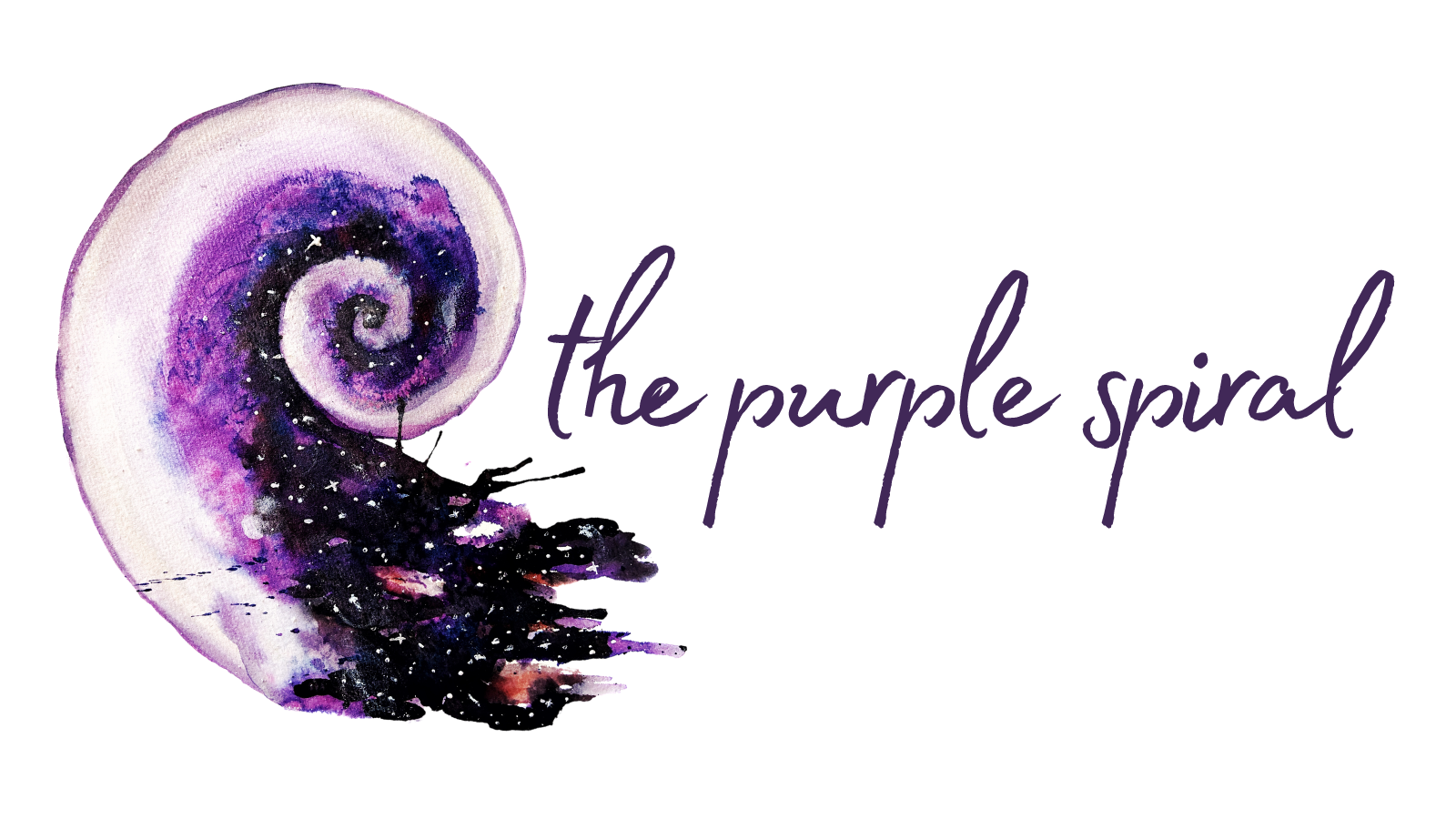I think most people are familiar with the concept of grief. We’ve heard about the five stages: denial, bargaining, anger, depression, acceptance. We have probably even lost someone important to us and experienced grief first hand.
But did you know that grief isn’t an experience set aside only for death?
A person can grieve any loss – real or perceived. Grief isn’t something we choose to feel; it’s a natural consequence of losing something or someone we were attached to.
Some types of grief are more accepted in society than others. Grieving a spouse, parent, sibling, child or other family member who has died is the most obvious and acceptable type of grief.
However, grief can strike in so many other, often unrecognized and unsupported, ways. When you are grieving something that not everyone understands or recognizes, it can make the grieving process more painful and drawn-out because of the lack of social acknowledgment.
Some examples of disenfranchised losses that can cause grief:
- Miscarriage, infertility or abortion
- Medical diagnosis that shortens or drastically reduces the quality of life
- Such a diagnosis for a close friend or family member
- Breakup or divorce
- Separation from family
- Finding out someone isn’t who you believed them to be
- Leaving a faith community
- Missed opportunity
- House fire or other disaster
- Theft
- Moving to a new area
- Unfaithfulness from a partner
Sometimes I hear people imply that these losses are unworthy of the emotions they stir up in us. Ironically, this is engaging in denial and bargaining (I don’t mind, it wasn’t special anyway, etc.), which are hallmarks of grief. It’s important to remember that grief, no matter who or what one is grieving, is a process that is largely out of a person’s control.
Especially in cases of disenfranchised grief, where one may not be receiving flowers and well-wishes from the community, it can be incredibly helpful to seek dedicated support to work through emotions and move forward with the loss integrated in a healthy way.
If you need to talk, your first session is always free.

